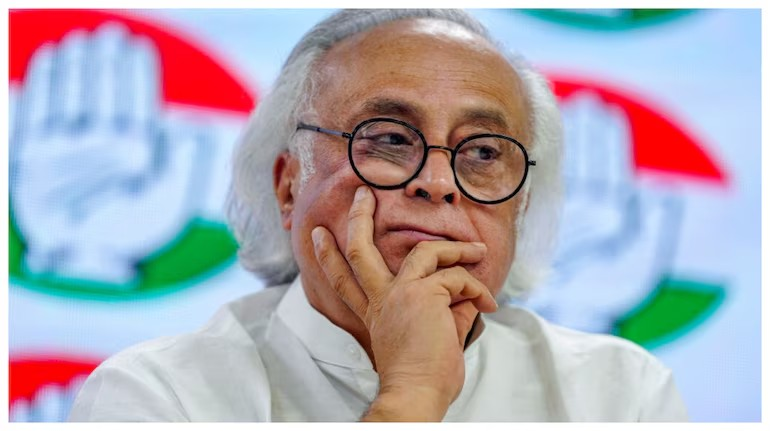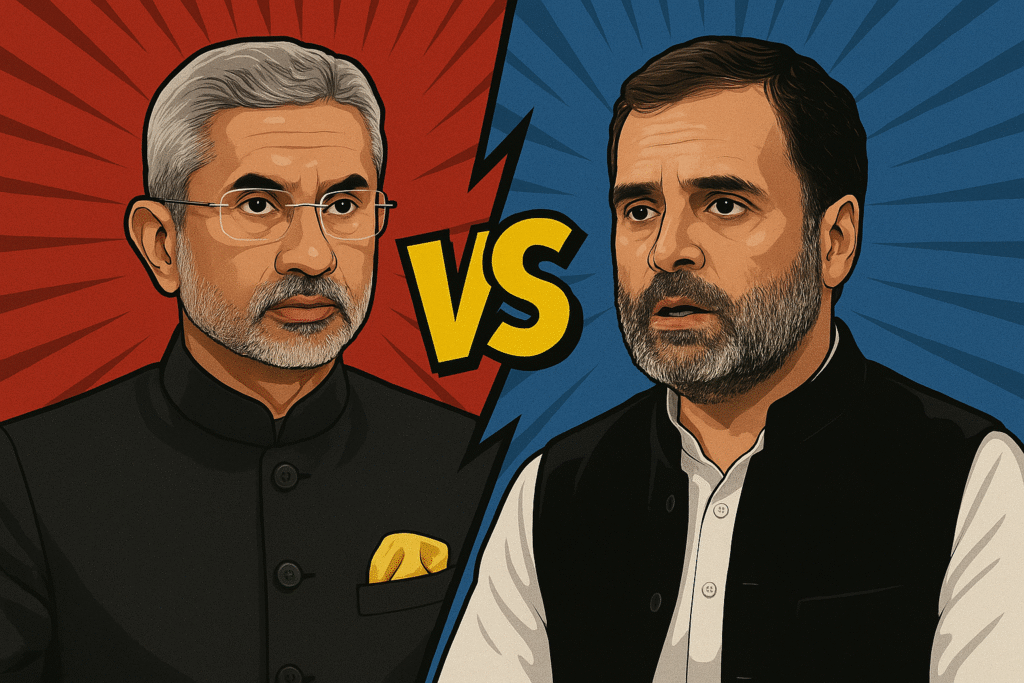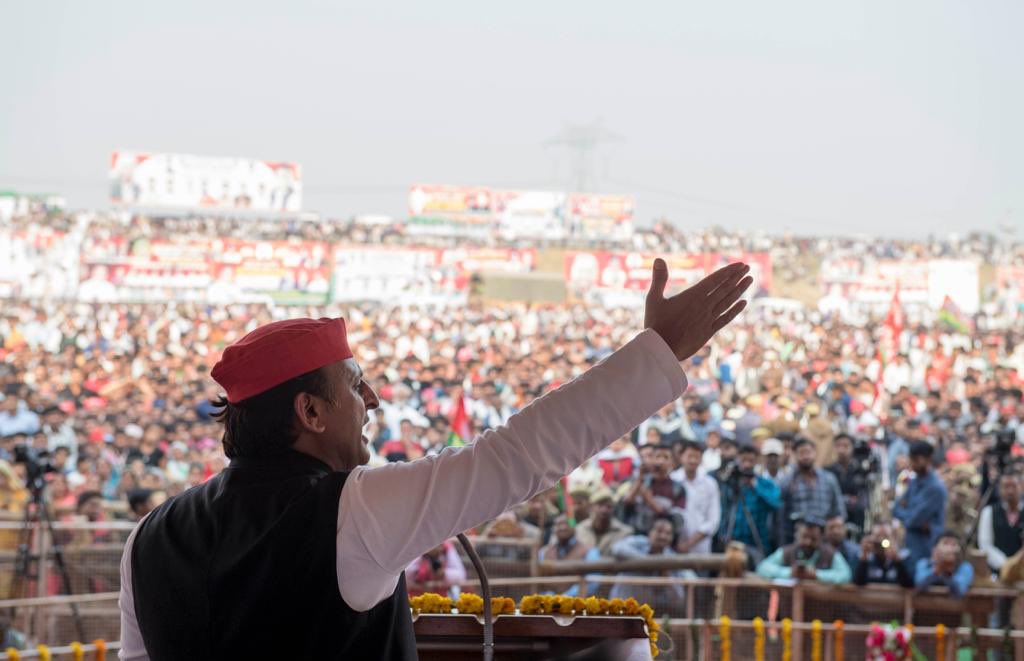Congress leader retracts false U.S. invite claim, BJP slams ‘pro-Pakistan propaganda’
In a stunning political moment, Congress leader Jairam Ramesh was forced to issue a public apology after sharing incorrect information regarding Pakistan Army Chief Gen. Asim Munir’s alleged invitation to a U.S. event. The now-retracted claim created ripples across diplomatic and media circles, especially since it falsely implied equivalence between India and Pakistan at a sensitive geopolitical moment post-Operation Sindoor.
BREAKING NEWS 🚨 Jairam Ramesh apologises for SPREADING FAKE NEWS.pic.twitter.com/Yuwm83Uh9e
— Times Algebra (@TimesAlgebraIND) June 18, 2025
The controversy not only embarrassed the Congress party but reignited the debate around the role of fake news in Indian politics, especially when shared by high-profile figures. As expected, the BJP seized on the misstep, calling it a deliberate ploy to malign India and mislead citizens.
How Jairam Ramesh’s False Tweet on Gen. Munir Blew Up
Jairam Ramesh, known for his active social media presence, had posted that General Asim Munir had been invited to the U.S. Army Day parade, interpreting it as a shift in American diplomacy that now viewed India and Pakistan through the same lens. However, the White House swiftly issued a denial, clarifying that no foreign military leader, including Gen. Munir, was ever invited to the event.
Faced with undeniable facts, Ramesh deleted his post and issued a half-hearted apology—but the damage was already done. BJP leaders including Nishikant Dubey and Amit Malviya lashed out, accusing Ramesh of being a “mouthpiece for Pakistan” and risking India’s global image.
Jairam Ramesh has long been known for peddling fake narratives — even many within his own party have admitted it openly. But this time, he has been caught with his hand in the till!
— Amit Malviya (@amitmalviya) June 18, 2025
Look closely till 1:40 PM — US Embassy spokesperson Christopher Elms clearly states there has… pic.twitter.com/fzdCbRNsJe
This is not the first time Jairam Ramesh has faced criticism for unverified claims. But what makes this instance more serious is the international dimension and the fact that it came amid heightened Indo-Pak tensions and complex U.S. foreign policy maneuvers.
Political Fake News in India: When a Tweet Becomes a Diplomatic Crisis
What seems like a simple “mistake” on social media has much larger implications. Ramesh’s tweet wasn’t just misinformation — it potentially misled millions, created confusion among diplomatic analysts, and tarnished India’s image on the global stage. At a time when India is asserting its sovereignty, especially in forums like the G7 and the United Nations, even a single false narrative can damage diplomatic trust.
Moreover, this incident exposes a broader issue: India’s political discourse is becoming increasingly polluted by unchecked statements, often made without verification or accountability. In a digital age where every post becomes a headline, leaders must be more cautious and media outlets more vigilant.
The incident also reflects poorly on the Congress party, which is struggling to rebuild credibility. For a senior leader like Ramesh to fall for—or worse, push—a false narrative reinforces perceptions of political irresponsibility. It also plays into the BJP’s larger strategy of projecting Congress as disconnected, careless, and antagonistic to national interests.
As India approaches major elections, trust will become the biggest political currency. And in that race, fact-checking might just become more powerful than slogans.





















